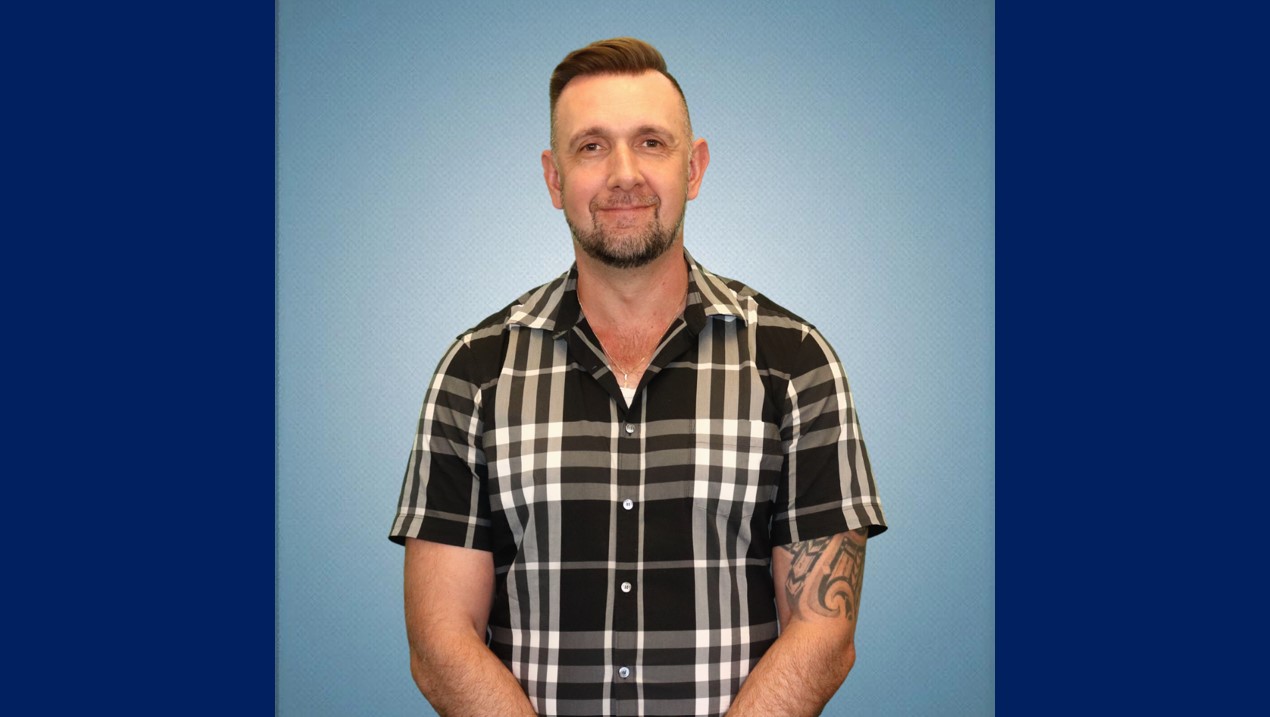Steve Corbeil knew he wanted to work in law enforcement. The BCIT Bachelor of Technology in Forensic Investigation: Crime and Intelligence Analysis (CIA) helped him develop his skill set. Now he loves his work in helping keep kids safe in and out of school. Here’s our chat:
Q: What were you doing before you started studying at BCIT?
Steve Corbeil (SC): I had finished a diploma in Criminal Justice and was working in Security while planning on becoming a Police Officer.
Q: How did you know you wanted to study in this field?
SC: After experiencing some health issues, I realized that my career plans needed to change.
Once I found out about the CIA program at BCIT, I knew it was the best choice for me. It allowed me to continue to work towards a career in law enforcement without further risking my health.
BCIT’s Crime and Intelligence Analysis offerings are now fully online to meet the needs of those requiring flexible part time options
Q: Can you tell us about your career path since you graduated from BCIT?
SC: After graduation, I began working in various fields while also working toward my Masters in Intelligence Studies with a focus on Criminal Intelligence. I found out about Safer Schools Together and the work that they do. I had been solely focused on finding an intelligence-related job in the public sector, and I did not realize that there were Open-Source Intelligence (OSINT) jobs available in the private sector.
“I use many of the skills I learned in class every day.” ~Steve Corbeil, BCIT Crime & Intelligence Analysis Alumni
Q: Can you describe your role, and how it’s making an impact?
SC: I am currently a Threat Analyst Manager for Safer Schools Together.
I lead a team of Threat Analysts who employ Open-Source Intelligence (OSINT) techniques to identify school-aged children who are posing a threat to themselves or others. As an OSINT analyst, you collect and analyze data from public sources. The information we find helps inform school administrators, and is combined with the human intelligence that the school has gathered through interviews with the child, their peers, teachers, etcetera.
Using this holistic approach allows school administration to come up with interventions specific to the child and their needs, allowing for issues to be addressed rather than just seeking out punitive measures.
Q: How has your BCIT education prepared you for the role you are in today?
SC: The skills I gathered during my time at BCIT were instrumental in preparing me for my current role. FSCT 8520 – Internet for Investigation, was my first introduction to the world of OSINT. I use many of the skills I learned in that class every day.
Other courses showed me how to better research data, combine data from various sources, and disseminate an intelligence product that helps inform the end user. I learned the foundation of this skillset through the CIA program.
Q: What can you tell us about the expansion or evolution of careers in CIA?
SC: Crime and intelligence analysis is still a relatively new field. There is a push within the intelligence world to professionalize the field by putting more emphasis on proper training and education, which is good news for CIA students.
At the same time, uses for OSINT-related work have expanded into the private sector. This will allow graduates to have an alternative career path, whether they use it as a stepping stone to law enforcement or not. This is also great news for CIA students entering the job market.
Q: Any advice you’d give to BCIT students/grads to prepare themselves for a career in this complex world?
SC: Open yourself up to opportunities outside of law enforcement. The skills you learn at BCIT can be applicable to many jobs that make a difference in our world. Keep up to date on world affairs.
To be a truly knowledgeable analyst, you not only have to keep current regarding the technical skills required for the job, but also the specific topics on which you perform your analysis. The better you understand the topic you are gathering information on, the less likely you are to miss an important piece of data that can provide key insights into your topic.
No matter the topic you analyze, your best tool will always be your mind, so spend time developing it!
BCIT has the most comprehensive Forensic Science and Technology offering in Canada. Subscribe to the twice-yearly Forensics Investigator and keep up with the latest.

What are the study requirements
Hello!
Please visit the program pages to learn the entry requirements as well as the courses offered:
Bachelor of Technology: https://www.bcit.ca/programs/forensic-investigation-crime-and-intelligence-analysis-option-bachelor-of-technology-part-time-847abtech/
Advanced Certificate: https://www.bcit.ca/programs/forensic-investigation-crime-and-intelligence-analysis-option-advanced-certificate-part-time-528aadcert/
Good luck finding a program that suits your needs!
Cynthia for BCIT Forensics